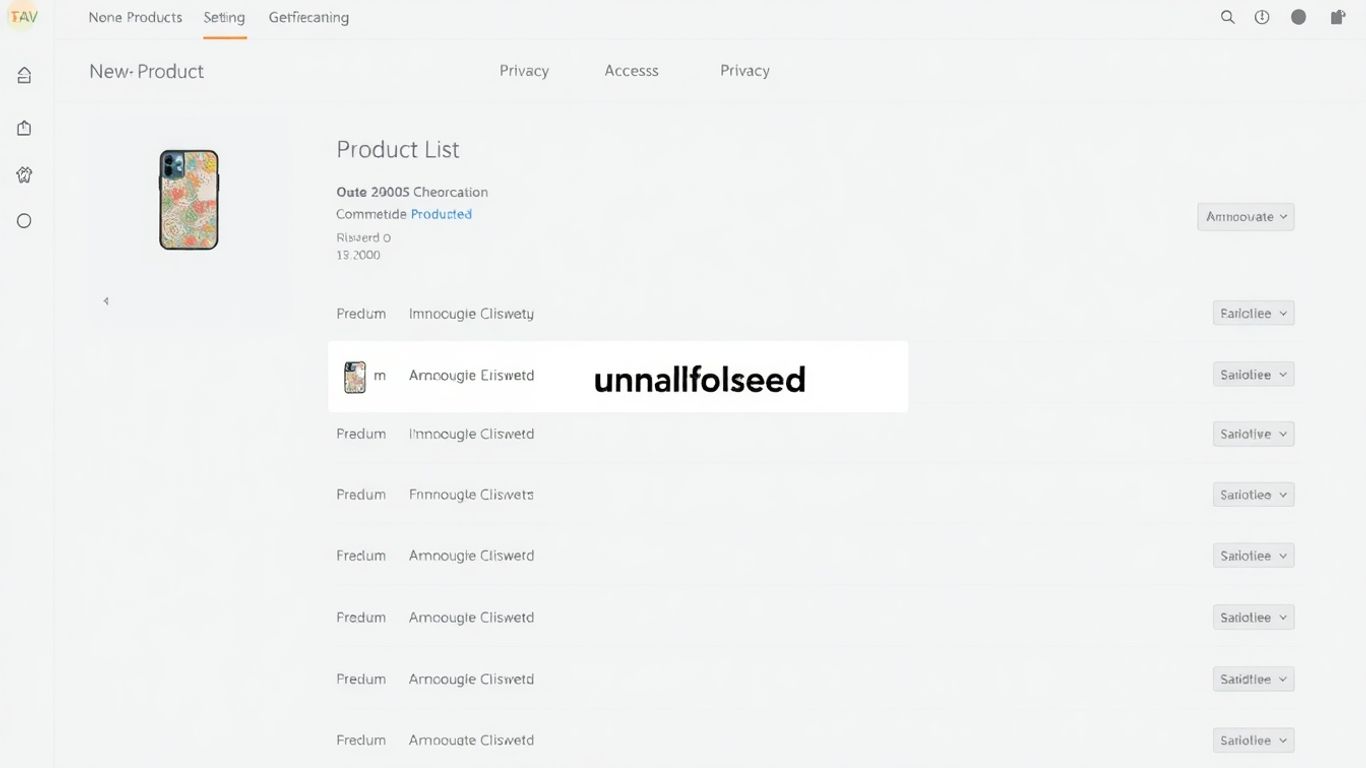Shopify has rolled out a significant update to its productSet mutation, implementing dynamic complexity costing. This change aims to provide a more accurate reflection of the computational resources consumed by operations, leading to potential cost savings and improved scalability for developers and merchants alike. The new system replaces a fixed cost with a granular calculation based on the specific elements being modified within a product.
Key Takeaways
- Most
productSetoperations will now incur lower costs. - The mutation now supports products with up to 2,048 variants, a substantial increase from the previous limit.
- No migration changes are required for the majority of applications.
Understanding the New Complexity Costing
Previously, all productSet operations were assigned a flat cost of 50 points. The updated system introduces a more nuanced approach, calculating complexity based on the actual work performed. The new cost structure is as follows:
- Base cost: 10 points
- Per variant: 0.2 points
- Per variant file: 0.6 points
- Per variant metafield: 0.4 points
- Per product metafield: 0.4 points
- Per product file: 1.9 points
The total complexity is calculated using the formula: 10 + (variants × 0.2) + (variant_files × 0.6) + (variant_metafields × 0.4) + (product_metafields × 0.4) + (product_files × 1.9).
Benefits for Developers and Merchants
This shift to dynamic costing offers several advantages. Over 99.5% of existing productSet operations are expected to cost less than the previous fixed rate. Simple product updates, which previously cost 50 points, can now be as low as 10-20 points. Furthermore, the mutation's capacity for product variants has been dramatically increased from 100 to 2,048, enabling apps to manage more intricate product catalogs and cater to merchants with diverse and extensive product lines.
For instance, a simple product update with one variant and no associated files or metafields, which previously cost 50 points, now costs only 10 points – an 80% reduction. A medium complexity product with 20 variants and 5 product metafields sees its cost drop from 50 to 16 points (a 68% reduction). Even complex products with 200 variants, 10 files, and 20 metafields will now have their costs more accurately reflect resource usage, potentially exceeding the old fixed cost but providing a clearer picture of expenditure.
Migration and Best Practices
For most applications, no immediate action is necessary, as existing productSet operations will automatically benefit from the reduced costs. However, for applications dealing with exceptionally high-complexity products that might approach or exceed the 1000-point single query limit, Shopify recommends a few strategies. These include leveraging bulk mutations for very large operations or splitting complex tasks into separate calls. For example, using productSet for core product data and then employing metafieldsSet and fileCreate for additional information can optimize performance and cost management.

